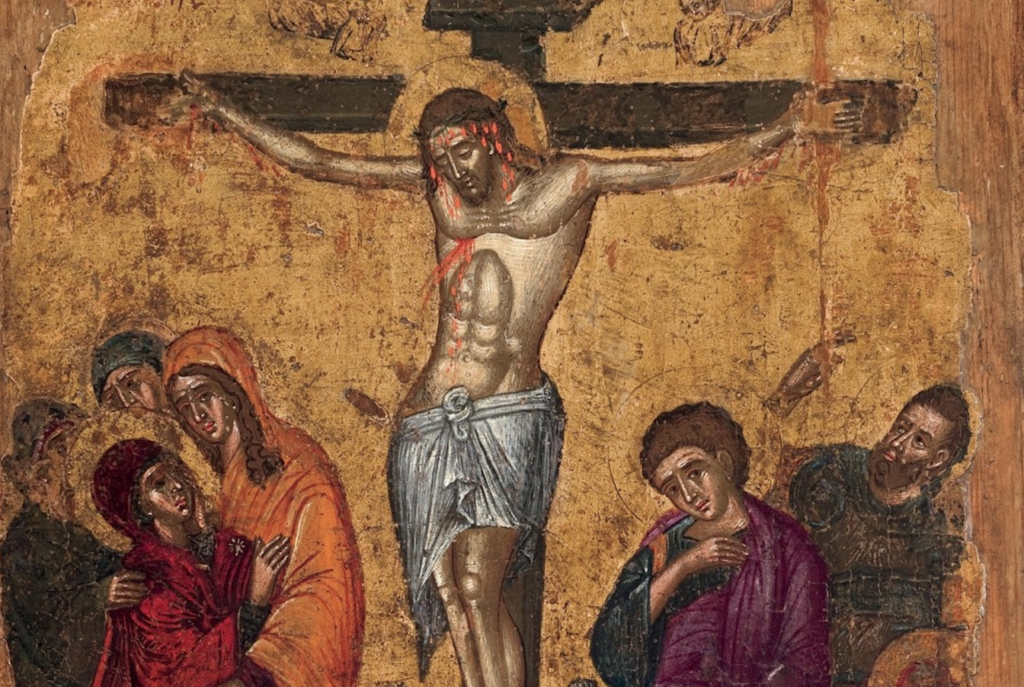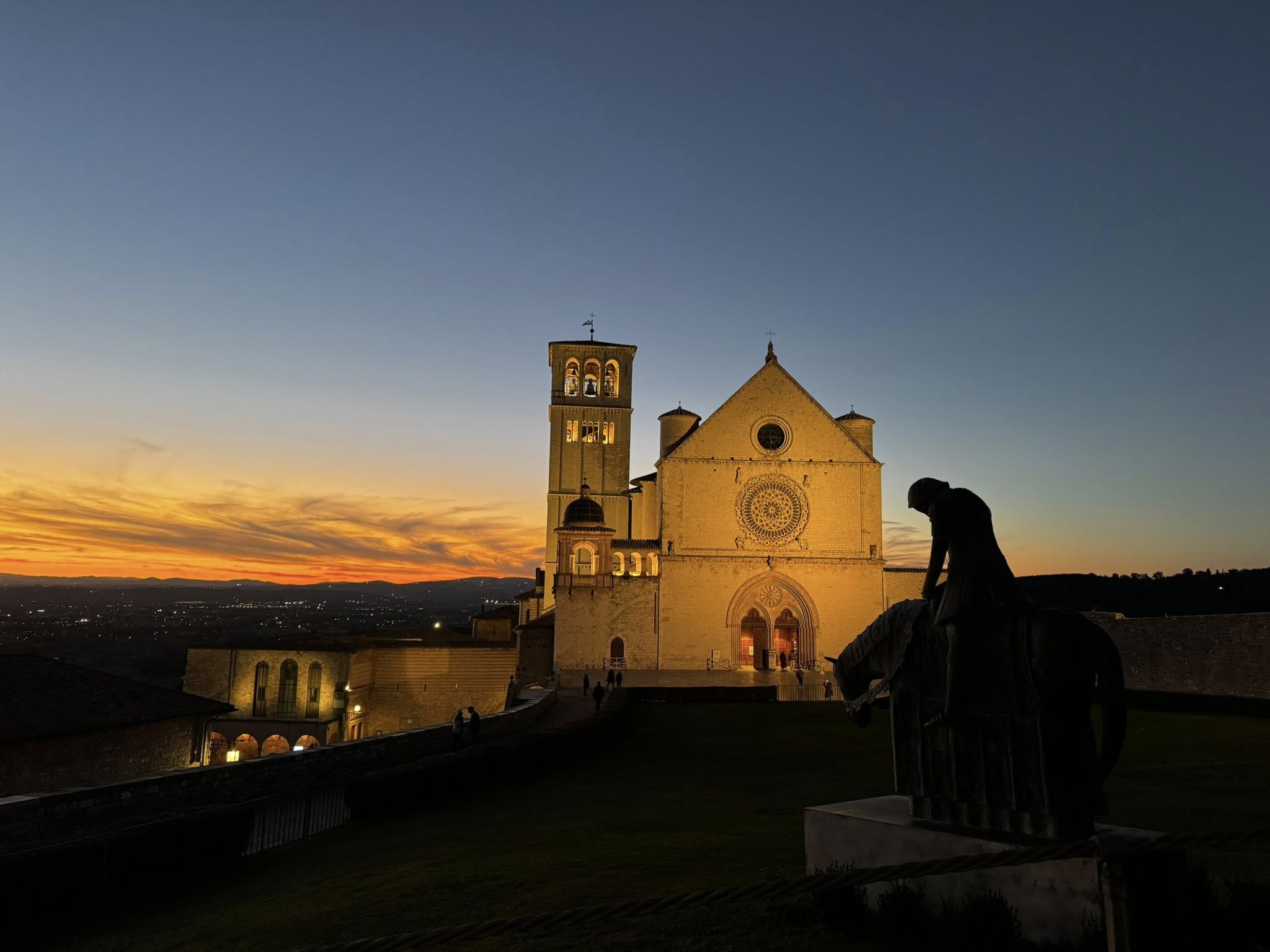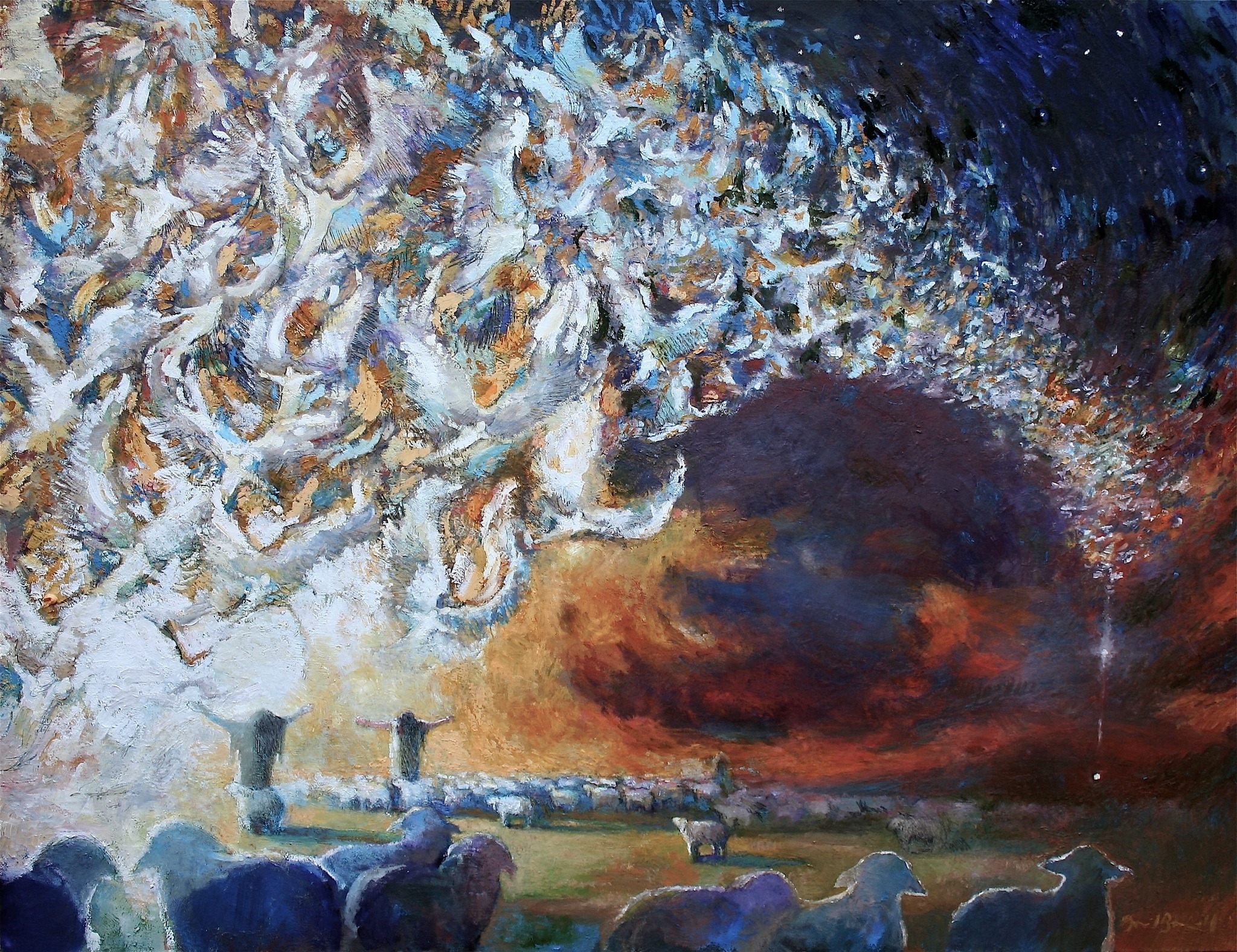Fausto Gomez OP
Before the Blessed Sacrament, we pray often: O Sacred banquet, in which Christ is received, the memory of his Passion is recalled, the soul is filled with grace, and a pledge of future glory is given to us. The memory of his Passion is recalled! What is the meaning of the Passion of Christ for us?
We remember Mel Gibson’s acclaimed film The Passion of the Christ. For some, the film is a bit too much: too much blood from Jesus. For many others – for us – the film is very close to reality, the dark reality of the passion and death of Jesus. Mel Gibson said: “The passion of Christ is very strong. We are accustomed to see beautiful crucifixes hanging on the wall, and we say Jesus was scourged, carried his cross on his shoulders and was then nailed on the wood of the cross … Through my childhood, I did not understand how that happened. The profound horror of what He suffered for our redemption did not shock me. To understand what He suffered, also at the human level, makes me feel not only compassion, but also the debt I owe him. I want to compensate him for the immensity of his sacrifice.”
We firmly believe in Christ – God and man -, in Christ Crucified. To believe in God crucified is to recognize God in Christ crucified (J. Moltmann). Why is the Only Begotten Son of God crucified and dies on the cross? He could have delivered us through his divine will! Why death on a cross? In the first place, because through his passion and his crucifixion, Jesus shows us his infinite love: “God so loved the world that He gave his only begotten Son” – to save it, to save us all (cf Jn 3:15).
Moreover, Christ by dying on the Cross reveals to us the gravity of sin and our need of a Savior. Jesus dies on the cross to show us the evil of sin and thus teach us to refrain from committing sin: “He himself bore our sins, so that freed from sins, we might live for righteousness” (I Pet 2:24).
Furthermore, by His Passion, Christ delivered us not only from sin, but also merited sanctifying grace for us and the glory of happiness: “Christ redeemed us from the curse of the law by becoming a curse for us” (cf Gal 1:13).
Through his passion, Jesus gives us an example to follow. We know that He is our Way, which includes necessarily the Way of the Cross. St. Peter says: “Christ also suffered for us, leaving you an example that you should follow in His steps” (1 Peter 2:21).
How may we respond to the passion and cross of Jesus?
We are authentic followers of Christ if we follow him carrying our own cross: “If anyone wants to be a follower of mine, let him renounce himself and take up his cross and follow me” (Mt 15:24). We try hard to carry our own cross patiently, prayerfully – and, if possible, joyfully. Thus, we preach like St Paul a Crucified Jesus (cf 1 Cor 1-22-24), who is also our Risen Lord.
We are Disciples of Christ who long to be intimately close to him and to those who are close to him: Jesus identifies himself with those crucified. Where are we when others are crucified today? Like Simon of Cyrene, we are asked to help the wounded on the roads of life bear their heavy cross. We have to practice love for the needy and poor, who are for us Christ carrying his cross today: “I was hungry…” Jesus is telling us: “This is me…, love me! How radical and how simple” (Henri Nouwen).


 Follow
Follow

